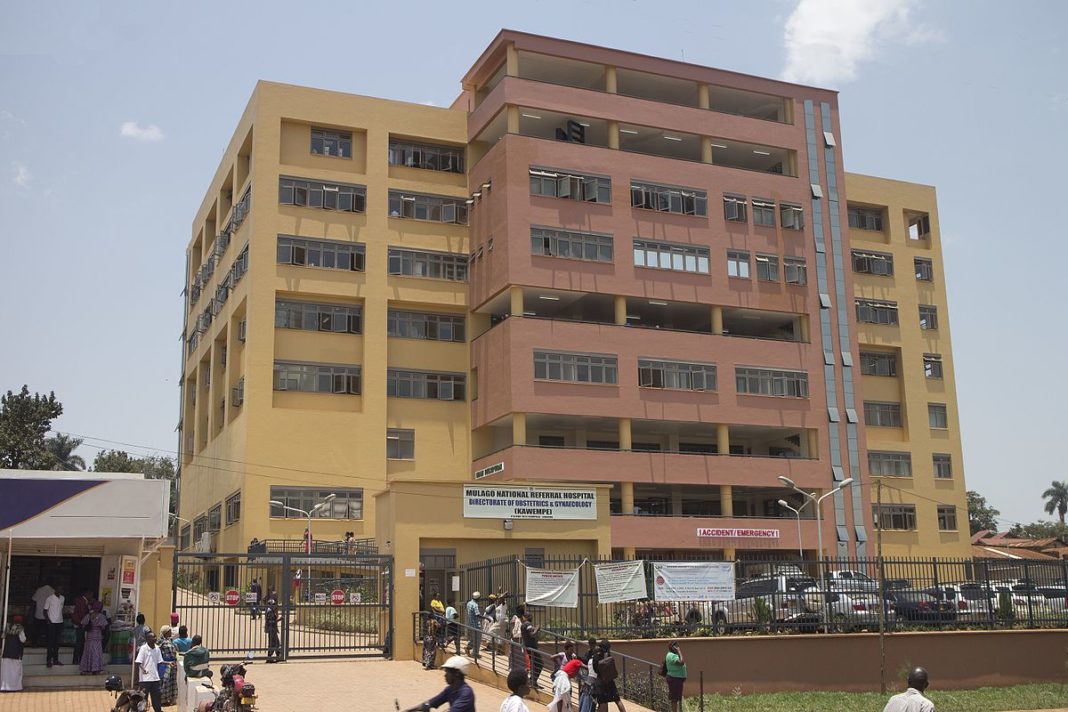By UDN
To solve overcrowding at Mulago Hospital, the Government secured a US $21.3 Million (about Shs79.3 billion) loan to construct Kawempe, Kiruddu hospital which was completed in 2016 with funding from the African Development Bank (AfDB) and the Nigeria Trust Fund.
However, an internal probe carried out by Compliance Review and Mediation Unit (CRMU) a department of AfDB that deals with complaints and fraud revealed that Uganda did not fulfill some key requirements and construction was hurried to shroud an ownership wrangle that prevailed on the 0.99 acres where the current Kawempe, Kiruddu hospital sits.
Family claims Kawempe, Kiruddu Hospital
The family of the late DR Sembeguya petitioned AfDB over the land in Kawempe, “It is my plea that you urgently investigate the gross and apparent fraud and suspend funding, until the matter of ownership is resolved. We could seek a permanent injunction, unless we are paid all due arrears of 41 years, since KCC took over the old hospital, are recompensed for the demolished buildings which belonged to the late Dr. Sembeguya plus the cost of land.”
The Director of CRMU, Mr Sekou Toure in his report faulted the Bank’s Quality Assurance and Results Department for breach of the “Bank’s rigorous due diligence” requirements, especially regarding the borrower providing proof of ownership of land on which infrastructural projects are to be established with the Bank’s loan funding.
CSO Concerns
UDN cautions that the alleged Kawempe- Kiruddu scam has a potential to downgrade the country’s credit worth, making it difficult for Uganda to procure affordable credit from lenders and attract foreign investment in future since Uganda relies heavily on aid cash to finance its development projects. According to records from the finance ministry, about shs7 trillion is expected to come from external sources to finance Uganda’s Shs32 trillion 2018\19 budget. UDN asserts that it is improper for citizens to continue to bleed Uganda’s economy because of limited due diligence and inadequate supervision from those paid by tax payers.
There seems to have been an oversight in verifying adherence to bank procedures. If the procedures had been followed, management would have been alerted about some anomalies, regarding the documentation necessary for project approval. The borrower (Uganda government) was as well supposed to provide such evidence (Ownership).
Way forward
The Public Finance Management Act 2015, Part VI Section 36 confers powers upon the Minister of Finance to raise money by loan, issue guarantees and receive grants for and on behalf of the Government. Upon identification of a project, a feasibility study must be conducted and the project is then formulated by examining the economic, financial and technical requirements and the likelihood that these factors will be realized. After the identification, planning and programming process, negotiation and approval then follows and negotiations must be conducted in line with the Guidelines for Loan and Grant Negotiations stipulated by the Ministry of Finance. Approval of loans is then done by Parliament as stated in Part VI Section 36(5) which mandates the Minister to lay the terms and conditions of a loan before Parliament and the loan shall not be enforceable except where it is approved by Parliament, by a resolution.
In line with the above legal prerequisites, both Government and lenders must open up loan acquisition and implementation processes to the public to allow input and feedback status of particularly the intended recipient populations of loan-funded projects so that these projects can somewhat moderate unnecessary land ownership and other problems.
Beyond possible reparations arising from omission of such necessary procedural checks, citizens are already con-strained by the untenable public debt burden. For instance, debt repayment in the financial year 2018/19 alone will consume a whopping 12 per cent of the national budget or even higher. In context where Uganda’s debt burden (even when suppressed) stands in excess of US $15.2 billion (about Shss96 trillion), no loan should fail to meet its intended objectives.





